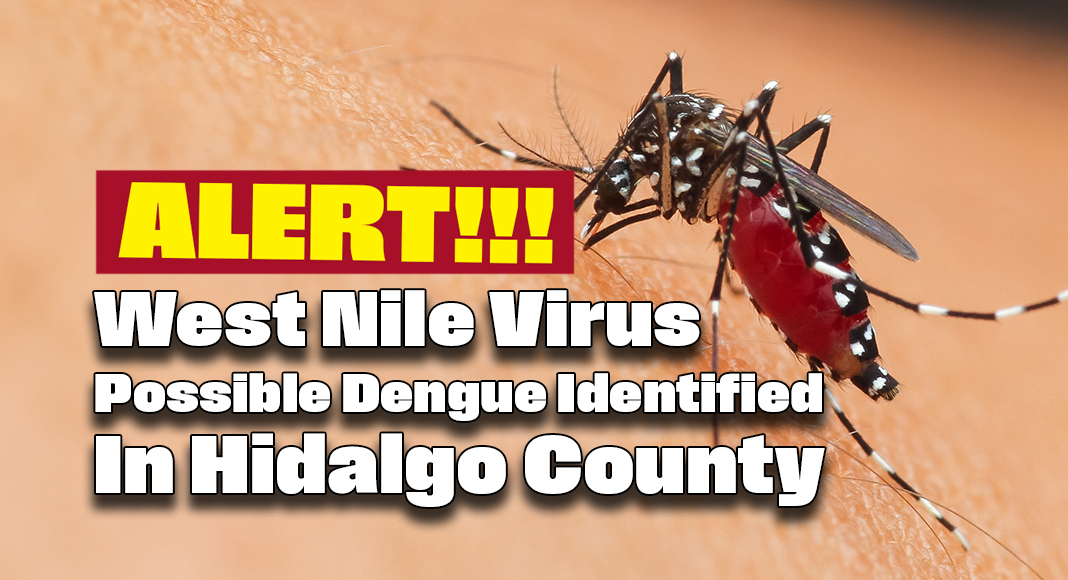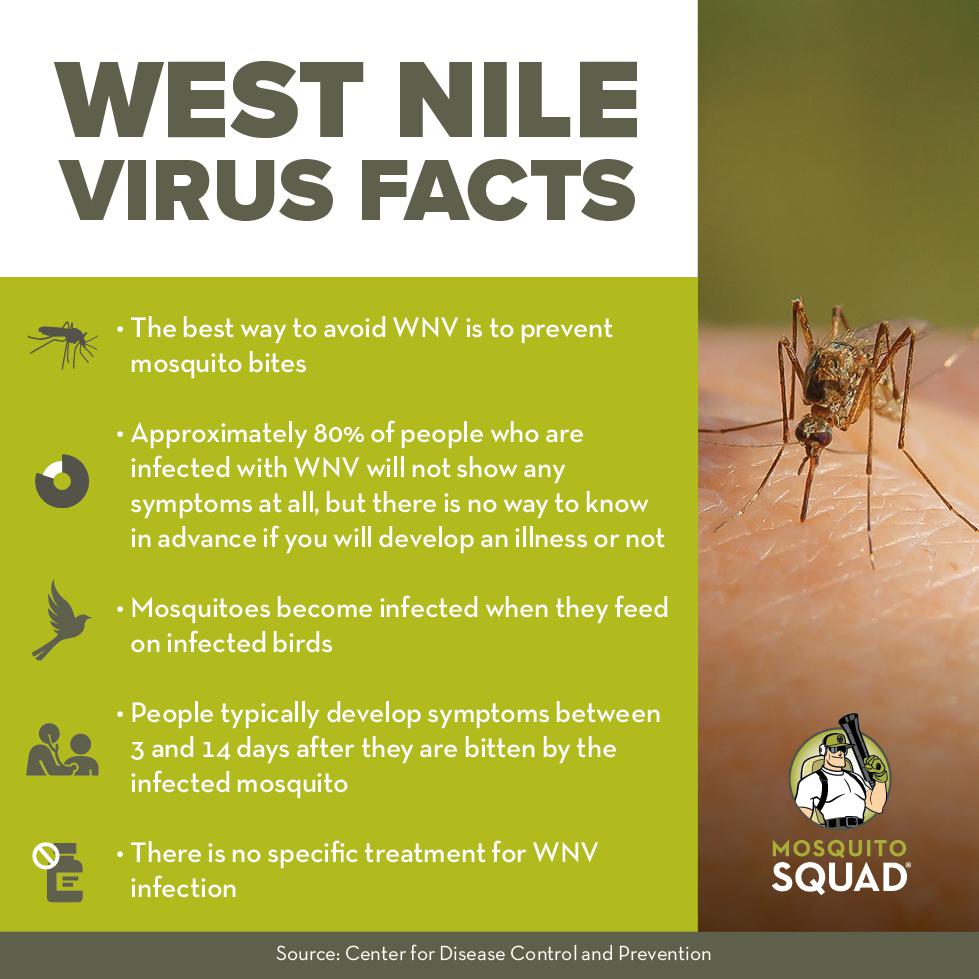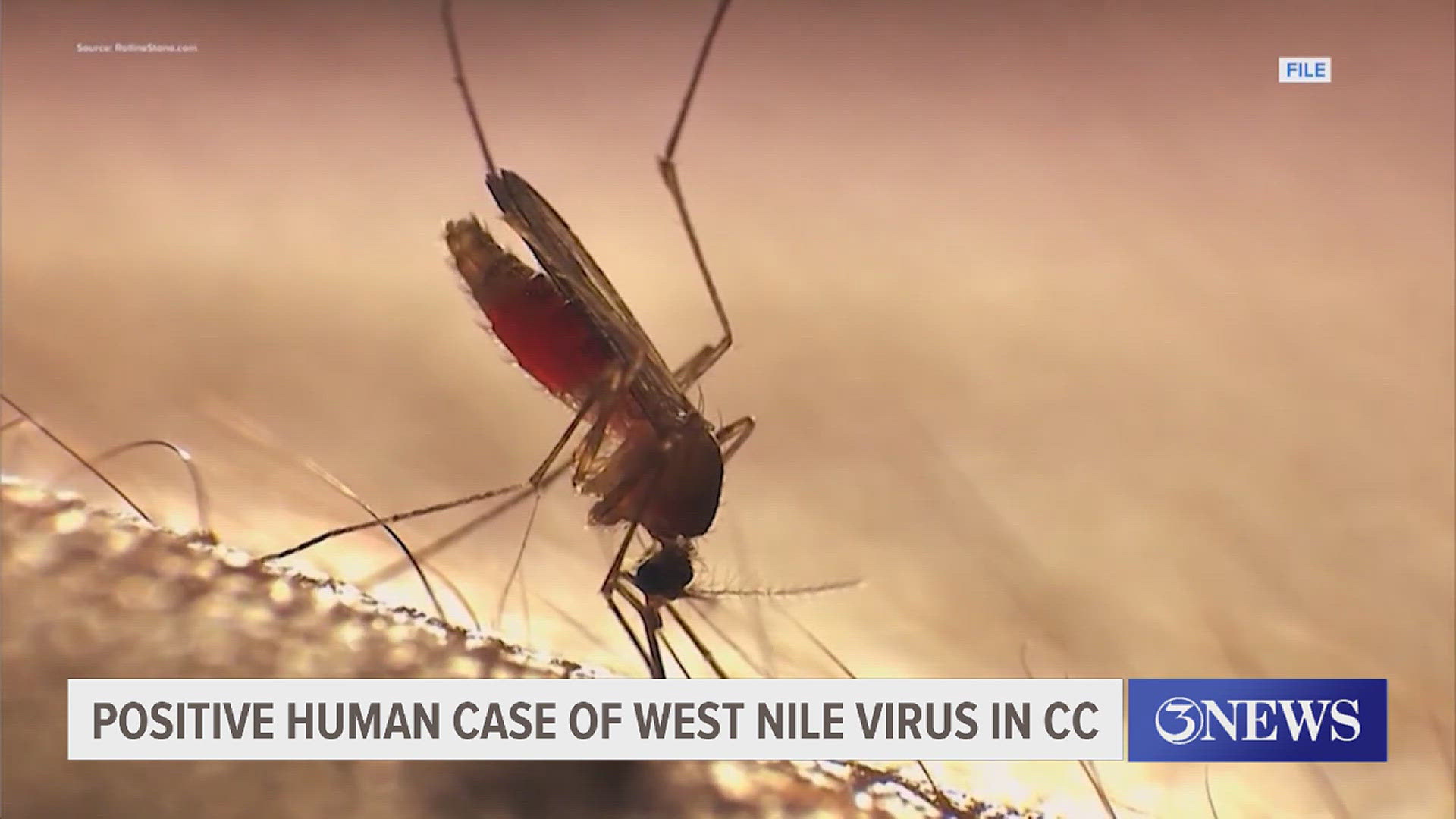West Nile Virus Cases Surge Above Normal, Prompting Urgent Health Alerts
A concerning trend is emerging across several regions: West Nile virus (WNV) cases are surging above typical levels for this time of year, triggering urgent health alerts from local and national health authorities. This article dives into the reasons behind the surge, the symptoms to watch out for, prevention strategies, and what you need to know to protect yourself and your loved ones.
Why the Increase? Understanding the Current West Nile Virus Outbreak
While West Nile virus isn’t new, the current spike in cases is raising alarms. Several factors contribute to this increase, including:
- Favorable Weather Conditions: Warm temperatures and increased rainfall create ideal breeding grounds for mosquitoes, the primary vector for WNV transmission. Standing water in discarded tires, bird baths, and even small puddles provides ample space for mosquito larvae to thrive.
- Increased Mosquito Population: The combination of weather patterns and potentially reduced mosquito control efforts in some areas has led to a higher-than-usual mosquito population.
- Increased Bird Activity: Birds act as reservoirs for the virus, and increased bird migration or populations in certain areas can contribute to the spread of WNV to mosquitoes that then bite humans.
- Potential Changes in Virus Strains: While research is ongoing, some experts suggest that changes in the virus strain itself might be contributing to increased transmission rates or severity of illness.
What is West Nile Virus and How Does it Spread?
West Nile virus is a mosquito-borne disease that can cause a range of illnesses, from mild flu-like symptoms to severe neurological complications. The virus is primarily spread through the bite of an infected mosquito. Mosquitoes become infected when they feed on infected birds. Humans and other animals, like horses, can contract the virus from infected mosquitoes.
Recognizing the Symptoms: What to Watch Out For
Most people infected with West Nile virus don’t develop any symptoms. However, about 20% of infected individuals will experience mild symptoms, while a smaller percentage (less than 1%) develop severe illness.
Mild Symptoms (West Nile Fever):
- Fever
- Headache
- Body aches
- Fatigue
- Skin rash (occasionally)
- Swollen lymph glands (occasionally)
Severe Symptoms (West Nile Neuroinvasive Disease):
- High fever
- Severe headache
- Neck stiffness
- Disorientation
- Tremors
- Seizures
- Vision loss
- Paralysis
- Coma
If you experience any of the severe symptoms listed above, seek immediate medical attention.
Protecting Yourself: Prevention is Key
The best way to protect yourself from West Nile virus is to prevent mosquito bites. Here are some effective strategies:
- Use Insect Repellent: Apply insect repellent containing DEET, picaridin, IR3535, or oil of lemon eucalyptus (OLE) according to the product label.
- Wear Protective Clothing: When possible, wear long-sleeved shirts and long pants, especially during dawn and dusk when mosquitoes are most active.
- Eliminate Standing Water: Regularly empty standing water from flower pots, gutters, buckets, tires, and other containers around your home.
- Install or Repair Screens: Make sure your windows and doors have screens and that they are in good repair to prevent mosquitoes from entering your home.
- Be Aware of Peak Mosquito Activity: Take extra precautions during dawn and dusk, when mosquitoes are most active.
Treatment and Outlook
There is no specific treatment for West Nile virus infection. In mild cases, symptoms typically resolve on their own with rest and supportive care. Severe cases may require hospitalization and intensive care. The outlook for individuals who develop West Nile neuroinvasive disease varies depending on the severity of the illness and underlying health conditions. Some individuals may experience long-term neurological complications.
Stay Informed and Follow Local Health Guidelines
It’s crucial to stay informed about the current West Nile virus situation in your area. Monitor local health department websites and news outlets for updates and recommendations. Follow any specific guidelines issued by your local health authorities to protect yourself and your community.
Conclusion
The surge in West Nile virus cases is a serious public health concern. By understanding the risks, recognizing the symptoms, and taking proactive prevention measures, you can significantly reduce your risk of contracting this potentially dangerous disease. Stay informed, stay vigilant, and prioritize mosquito bite prevention to protect yourself and your loved ones.
Frequently Asked Questions (FAQs)
Q: Is there a vaccine for West Nile virus?
- A: There is currently no vaccine available for humans against West Nile virus. However, there is a vaccine for horses.
Q: Can West Nile virus be transmitted from person to person?
- A: West Nile virus is typically not spread from person to person. Rare cases of transmission have occurred through blood transfusions, organ transplants, and from mother to child during pregnancy, delivery, or breastfeeding.
Q: How long does it take for symptoms to appear after being bitten by an infected mosquito?
- A: Symptoms typically appear between 2 and 14 days after being bitten by an infected mosquito.
Q: Are some people more at risk of developing severe illness from West Nile virus?
- A: Yes, individuals over the age of 60 and those with certain medical conditions, such as diabetes, high blood pressure, kidney disease, and compromised immune systems, are at higher risk of developing severe illness from West Nile virus.
Q: What should I do if I think I have West Nile virus?
- A: If you develop symptoms such as fever, headache, and body aches, consult your doctor. If you experience severe symptoms such as high fever, stiff neck, disorientation, or seizures, seek immediate medical attention.




